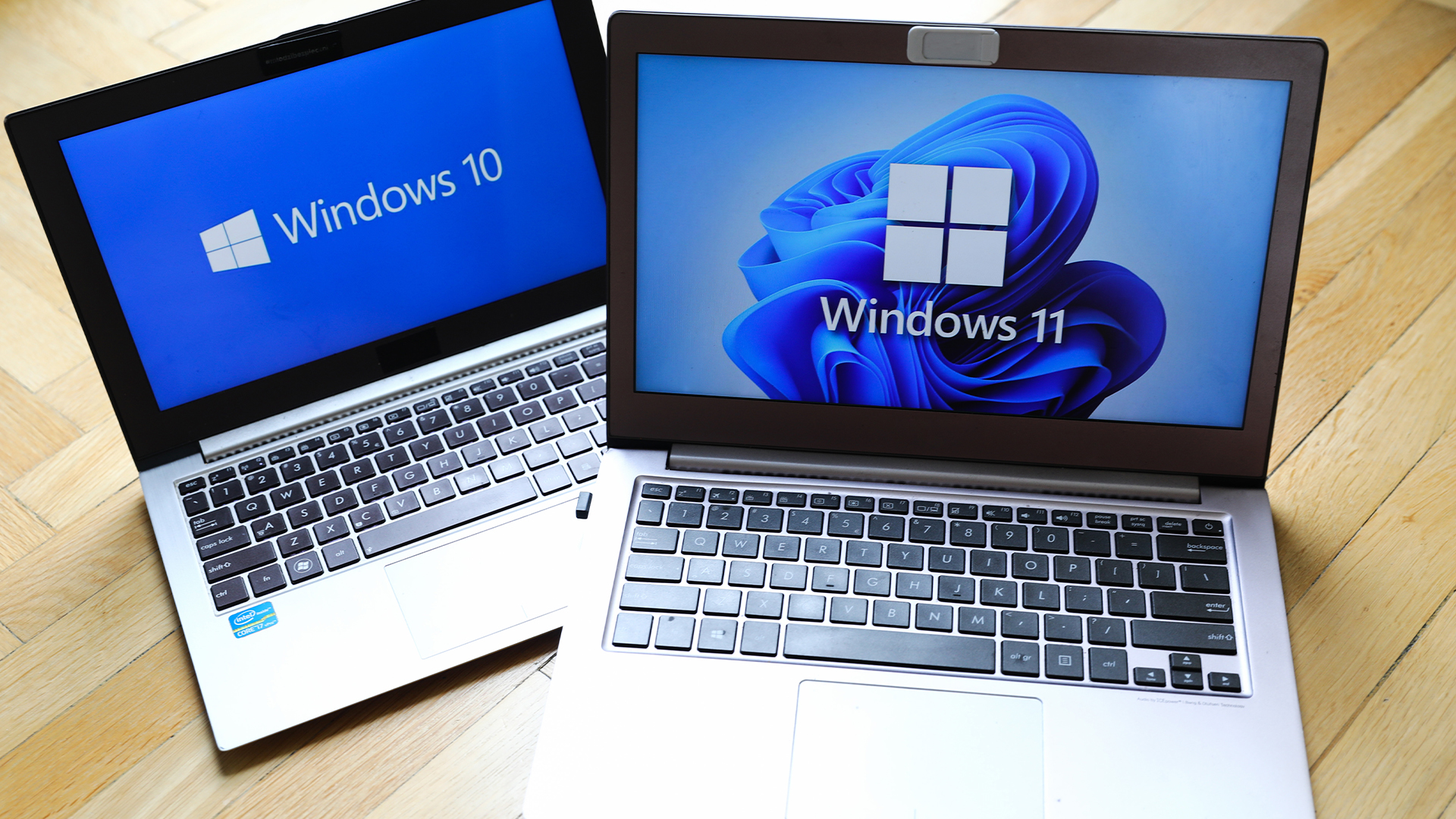Week in review: NHS loses data again, mobile for the tube?
This week, the NHS has yet again lost sensitive data on a USB stick, whilst Boris reignites talks about mobile access on the tube.


Bye bye USB stick
It should not surprise you, dear readers, that this week saw yet another loss of sensitive data by the NHS.
This time, a junior doctor left an unencrypted USB stick, containing details of patients' conditions and medications, on a train on their way home.
Apparently the doctor in question had not been made aware of trust privacy policies, nor did he have access to email to receive reminders on what to do.
The Information Commissioner's Office (ICO) has given the East & North Hertfordshire NHS Trust a slap on the wrist and made its chief executive (CEO) sign an undertaking to ensure it doesn't happen again, but the public sector giant has once more dodged a fine.
It may be a tax payer funded organisation but we question whether it will ever address the issue if it keeps getting away with losing data.
I'm on the tube!
Sign up today and you will receive a free copy of our Future Focus 2025 report - the leading guidance on AI, cybersecurity and other IT challenges as per 700+ senior executives
The possibility of getting mobile signal on the London Underground has been brought to the foreground again this week.
Mayor of London, Boris Johnson, is reportedly in talks with UK mobile operators to get the system up and running, allowing people to take their calls whilst commuting to work on the tube.
The idea was first proposed by the last Mayor, Ken Livingstone, back in 2005, but Transport for London claimed there hadn't been a good enough proposal to take it forward.
The question remains though, do commuters want their carriages to be filled with Dom Jolly types or do they prefer the uncomfortable silence?
Best of the rest
The operating systems often wage war against one another and one of their biggest weapons is security. However, this week saw a security expert take a dig at them by claiming no OS was safer than any other.
There may have been a lot of panic recently about the lack of students taking up computer science in higher education. However the CEO of DirectGov thinks maths graduates will fill the gap.
The week was rounded off with a new survey showing more than half of UK brands broke good email practice by spamming their customers with unwanted emails.
Jennifer Scott is a former freelance journalist and currently political reporter for Sky News. She has a varied writing history, having started her career at Dennis Publishing, working in various roles across its business technology titles, including ITPro. Jennifer has specialised in a number of areas over the years and has produced a wealth of content for ITPro, focusing largely on data storage, networking, cloud computing, and telecommunications.
Most recently Jennifer has turned her skills to the political sphere and broadcast journalism, where she has worked for the BBC as a political reporter, before moving to Sky News.
-
 Windows 10 extended support costs could top $7 billion
Windows 10 extended support costs could top $7 billionNews Enterprises sticking with Windows 10 after the October deadline face huge costs
-
 Tiny11 review: Windows 11 with only 2GB of RAM
Tiny11 review: Windows 11 with only 2GB of RAMReview A version of Windows 11 for older machines that don't meet the full requirements
-
 Red Hat Enterprise Linux becomes foundational operating system for Cohesity Data Cloud
Red Hat Enterprise Linux becomes foundational operating system for Cohesity Data CloudNews New strategic partnership between Red Hat and Cohesity aims to drive innovation in the data security and management space
-
 Ubuntu shifts to four-week update cycle
Ubuntu shifts to four-week update cycleNews Critical fixes will also come every two weeks, mitigating the issues involved with releasing prompt patches on the old three-week cadence
-
 AlmaLinux follows Oracle in ditching RHEL compatibility
AlmaLinux follows Oracle in ditching RHEL compatibilityNews Application binary compatibility is now the aim with 1:1 now dropped
-
 How big is the Windows 10 cliff-edge?
How big is the Windows 10 cliff-edge?ITPro Network With some comparing the upcoming Windows 10 end of life to Windows XP, we ask members of the ITPro Network for their insight
-
 Everything you need to know about the latest Windows 11 updates - from bug fixes to brand-new features
Everything you need to know about the latest Windows 11 updates - from bug fixes to brand-new featuresNews Two new cumulative updates are on the way and will be installed automatically on Windows 10 and Windows 11 machines
-
 How to download a Windows 11 ISO file and perform a clean install
How to download a Windows 11 ISO file and perform a clean installTutorial Use a Windows 11 ISO to install the operating system afresh


